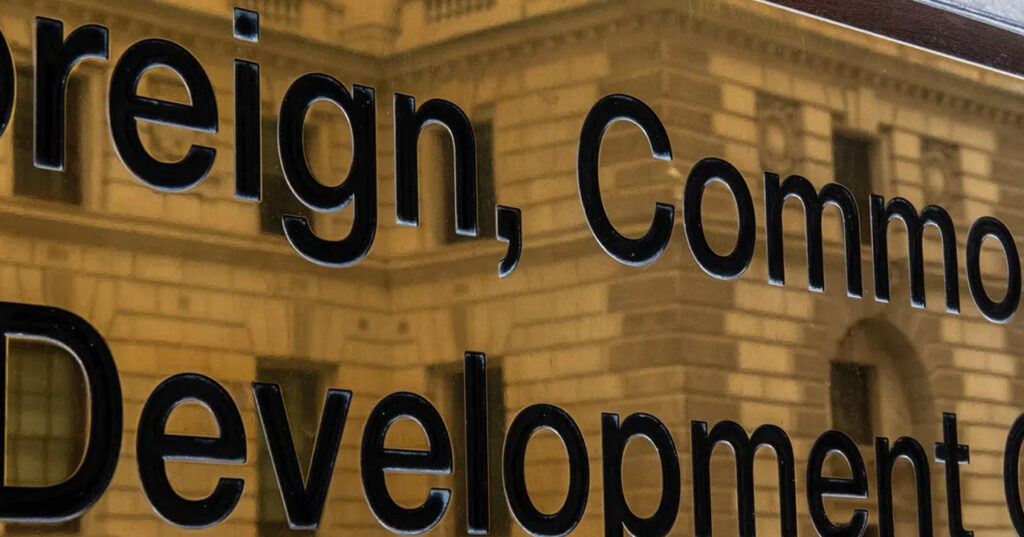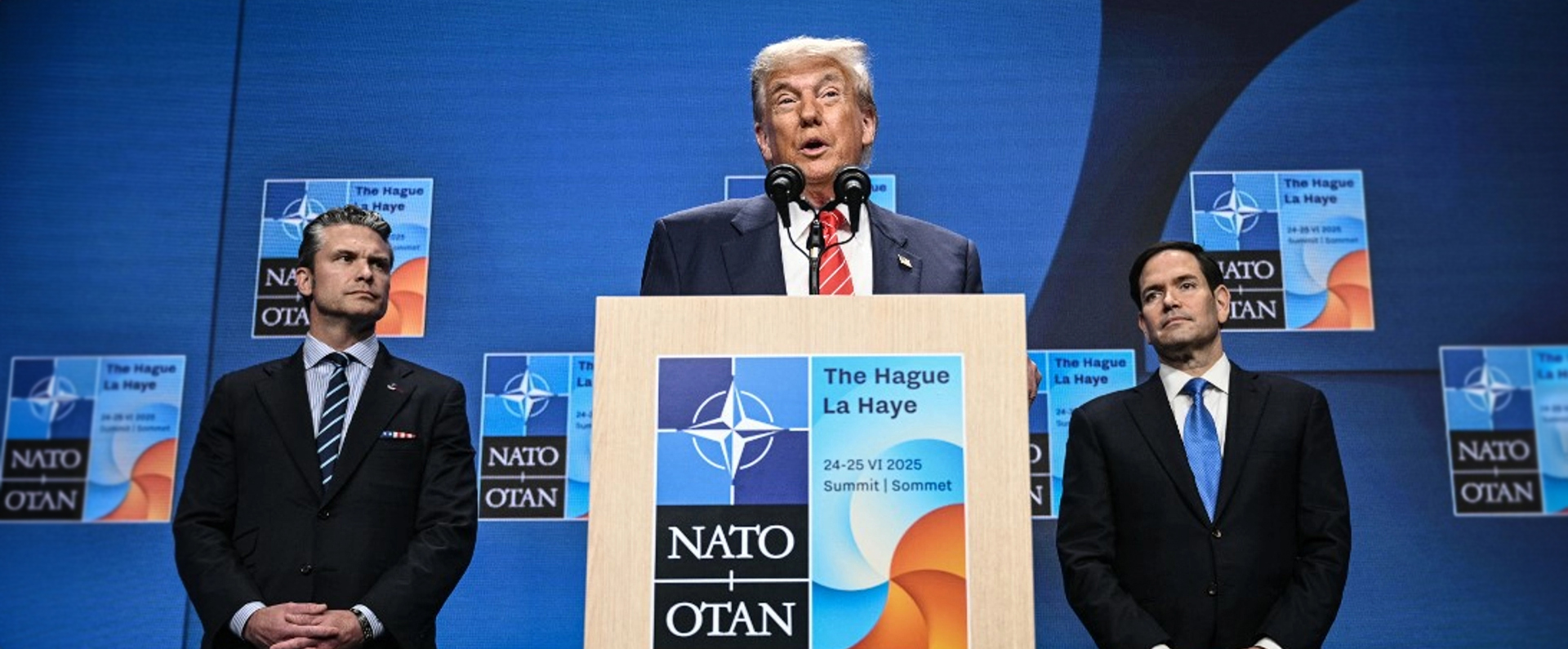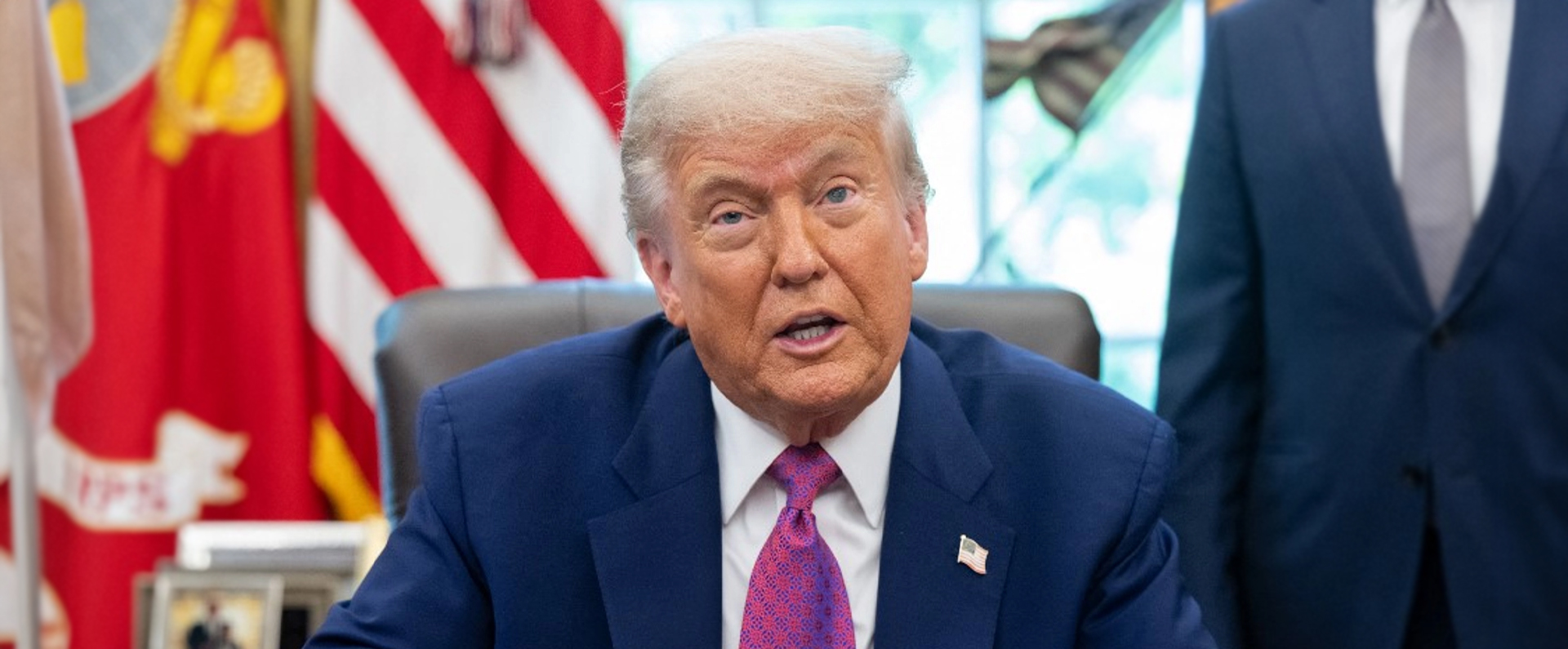
99.3% of the UK Budget is not spent on Overseas Aid. So what is all the fuss about?’ This was the start to an attempt by Robert Halfon MP to defend the government’s determination to pump ever-larger sums into Britain’s over-inflated overseas aid budget.
I think that it is extraordinary because it comes from a Conservative MP (and one for whom I have the greatest regard and respect) – but surely one of the things that unites the right is our desire to ensure all taxes taken from voters and businesses are spent as efficiently and effectively as possible. So unlike Labour, we don’t pretend a few billion here and there don’t really count.
Sadly, this cavalier approach to other people’s money typifies the aid industry. It is why billions and billions of pounds have been blown over recent decades, despite the lack of convincing hard evidence to prove these vast sums are doing the good deeds claimed by defendants. As the economist Peter Bauer said so famously, aid takes money from poor people in rich countries and gives it to rich people in poor countries.
The simple fact is that the amount hard-pressed British taxpayers are giving away to a variety of dubious and vainglorious causes has grown and grown under successive governments. While coalition ministers clearing up Labour’s mess cut spending on defence, the disabled and police, the ring-fenced department for international development (Dfid) is seeing its budget rise 50% during their five-year term of office. This why there is such a fuss – and as I have argued previously, there is nothing compassionate about a government giving away money it has confiscated from citizens on pain of prison.
No-one knew this better than Margaret Thatcher, whose name was invoked by Robert in support of current aid polices. But she spoke of a ‘carefully-controlled aid programme’ rather than the swollen rivers of cash diverted towards the developing world today. She also ensured the policies were driven by the Foreign Office and were resolutely in Britain’s commercial and diplomatic interests. It was Tony Blair who spun out Dfid to become an excitable wing of the charity movement rather than a sober branch of the diplomatic service. Yet it is worth noting that even when the department was mistakenly unshackled in 1997 its budget was only £2.6bn; later this year, when the UK hits the supposedly-sacred target of giving away 0.7 of the nation’s income, it will be £11.3bn.
Robert dismissed the fact that much of the money handed out is salted away by corrupt governments or that it creates dependency. This seems rather strange given this government’s determination to end the dependency culture in our own welfare system. It also ignores the rights of all those people supposed to benefit from our overseas aid, so angered by the corruption that stains their nations and so infuriated by the failure of many of their leaders to respond to their needs with adequate public services. The more money we dole out to undemocratic leaders, the less likely they are to reform their nations.
So let me examine the four categories of Conservative that Robert thinks should delight in our aid policies:
- Economic Conservatives: it is simply impossible to understand how any fiscal conservative could delight in these wasteful programmes. These have failed time and again in the past – and while politicians boast of ensuring not a penny is wasted, even charities accept that only about 40p in every pound reaches its intended target. Others say the real figures are even more depressing; one study, for instance, found nearly two-thirds of health aid in Africa diverted to other purposes, while the sums going astray in places such as Pakistan and Afghanistan are simply horrendous.
- Neo-Conservatives: there is zero evidence that you can build democracy with other people’s money. In fact, by fostering conflict and corruption while shoring up some highly-repressive regimes, our money is actually making the world less safe, less stable and less democratic.
- Euro-Sceptic Conservatives: This is beyond parody. On top of the huge sums handed to Brussels, we give them an extra billion pounds for their aid programmes, although they are shamefully inefficient. Some would not have met our own project funding requirements since they spend so much on administration. Meanwhile EU aid goes to comparatively wealthy European nations seeking accession to the club – so some £80m of our donations ended up in Turkey, for instance, although it has its own aid programme and is an increasingly substantial investor around the globe.
- Social-justice Conservatives. Andrew Mitchell said we had a moral duty ‘not to balance the Budget on the backs of the poorest in the world’. But one has to question the morality of riding roughshod over the wishes of many ordinary people in both donor and recipient nations, while pursuing social experiments in some of the poorest parts of the world that would never be permitted at home.
To his credit, Robert accepts our aid policies remain imperfect and suggested four improvements. I would agree with making spending more transparent and giving the public some input into the policies – although I fear he is not suggesting allowing an increasingly- sceptical electorate to have the ultimate sanction of turning off these cash fountains. And given the over-close relationships between the Government and certain leading aid groups, many observers might feel unhappy at seeing still bigger funds diverted from taxpayers into the pockets of charities so well rewarded for their cheerleading on this front – even if they do take MPs on nice trips to beautiful countries such as Mozambique.
There is an increasingly desperate tone to these defences of the coalition’s aid policies. Perhaps this is not surprising, since they look more threadbare, more profligate and more anachronistic for an austerity-gripped nation in a fast-changing world as each day passes. As the former Labour chancellor Denis Healey said: ‘If you’re in a hole, stop digging.’ It is advice our elected representatives would do well to listen to.



